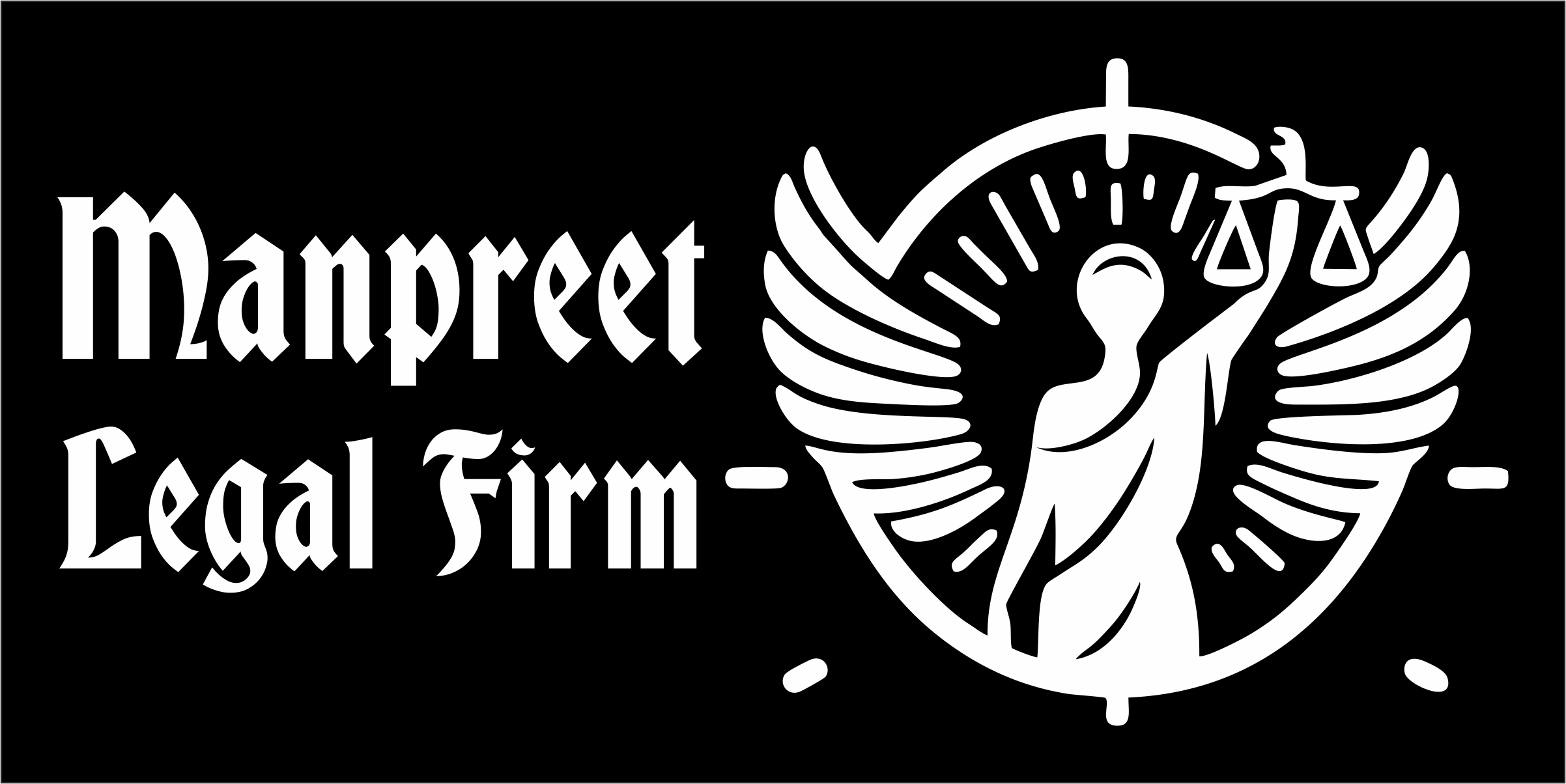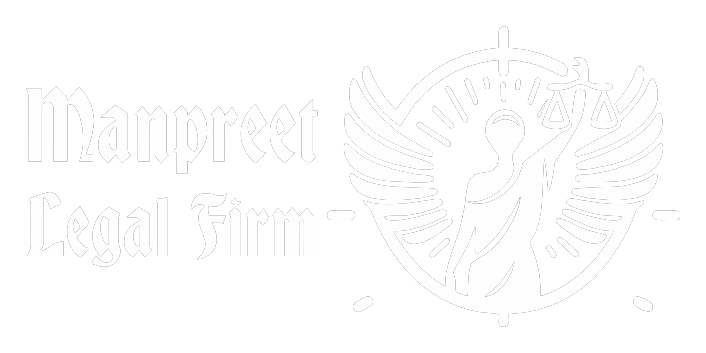- Call Us: +91-9717555175
- Email Us: contact@manpreetlegalhelp.com
Manpreet & Associates is India’s best law firm having the best and experienced lawyer for DRT in Delhi. Our well experienced and expert lawyer for DRT specialized in providing the legal advices for Debts Recovery Tribunal Cases, handles the cases carefully and with dedication and provide the relevant information to the clients expert legal advice on Sarfaesi Act.
Manpreet & Associates is India’s best law firm having the best and experienced lawyer for DRT in Delhi. Our well experienced and expert lawyer for DRT specialized in providing the legal advices for Debts Recovery Tribunal Cases, handles the cases carefully and with dedication and provide the relevant information to the clients expert legal advice on Sarfaesi Act.
ABOUT DRT
Recovery of Debts and Bankruptcy Act (RDB Act), 1993
The RDB Act, 1993 provides for establishment of Debts Recovery Tribunals (DRTs) with original jurisdiction and Debts Recovery Appellate Tribunals (DRATs) with appellate jurisdiction, for expeditious adjudication and recovery of debts due to banks and financial institutions, insolvency resolution and bankruptcy of individuals and partnership firms and connected matters there with. The Act aims to safeguard the interest of banks and financial institutions as lenders, while not discouraging borrowers. The Tribunals have not yet commenced taking up insolvency resolution and bankruptcy matters as the related provisions are not yet in force.
Jurisdictions: The Act is applicable to cases where the amount of debt due to any bank or financial institution defined under the Act or a consortium of banks or financial institutions is Rs.20 lakh or more.
Where a bank or a financial institution has to recover any debt from any person, it may make an application under section 19 of the Recovery of Debts and Bankruptcy Act to the Tribunal within the local limits of whose jurisdiction—the branch or any other office of the bank or financial institution is maintaining an account in which debt claimed is outstanding, for the time being; or the defendant, or each of the defendants where there are more than one, at the time of making the application, actually and voluntarily resides, or carries on business, or personally works for gain; or any of the defendants, where there are more than one, at the time of making the application, actually and voluntarily resides, or carries on business, or personally works for gain; or the cause of action, wholly or in part, arises.
If any person is aggrieved by an order made, or deemed to have been made, by a Tribunal under this Act, may prefer an appeal to an Appellate Tribunal having jurisdiction in the matter under section 20 of the Recovery of Debts and Bankruptcy Act..
IN the case, if an appeal is preferred by any person from whom the amount of debt is due to a bank or a financial institution or a consortium of banks or financial institutions, such appeal shall not be entertained by the Appellate Tribunal unless such person has deposited with the Appellate Tribunal 50% of the amount of debt so due from him as determined by the Tribunal under section 19: Provided that the Appellate Tribunal may, for reasons to be recorded in writing, reduce the amount to be deposited by such amount which shall not be less than twenty-five per cent. of the amount of such debt so due] to be deposited under this section.
Securitization and Reconstruction of Financial Assets and Enforcement of Security Interests Act (SARFAESI Act), 2002
The SARFAESI Act, 2002 aims to regulate securitization and reconstruction of financial assets and enforcement of security interest and to provide for a Central database of security interests created on property rights and for connected matters therewith. The Act has simplified the recovery procedure for banks and specified financial institutions for recovery of secured debts from borrowers without intervention of Courts at the first stage. Borrowers can file applications in the Debts Recovery Tribunals (DRTs) against action taken for enforcement of security interest under this Act, with the appellate jurisdiction for such applications lying with the Debts Recovery Appellate Tribunals (DRATs).The Act is applicable to cases where security interest for securing repayment of any financial asset is more than Rs.1 lakh and the amount due is 20% or more of the principal amount and interest there on.
The Act is not applicable to any security interest created in agricultural land and certain properties not liable to attachment under some specified Acts.
13. Enforcement of security interest.—
(1) Notwithstanding anything contained in section 69 or section 69A of the Transfer of Property Act, 1882 (4 of 1882), any security interest created in favour of any secured creditor may be enforced, without the intervention of the court or tribunal, by such creditor in accordance with the provisions of this Act.
(2) Where any borrower, who is under a liability to a secured creditor under a security agreement, makes any default in repayment of secured debt or any instalment thereof, and his account in respect of such debt is classified by the secured creditor as non-performing asset, then, the secured creditor may require the borrower by notice in writing to discharge in full his liabilities to the secured creditor within sixty days from the date of notice failing which the secured creditor shall be entitled to exercise all or any of the rights under sub-section (4).
(3) The notice referred to in sub-section (2) shall give details of the amount payable by the borrower and the secured assets intended to be enforced by the secured creditor in the event of non-payment of secured debts by the borrower. 2
(3A) If, on receipt of the notice under sub-section (2), the borrower makes any representation or raises any objection, the secured creditor shall consider such representation or objection and if the secured creditor comes to the conclusion that such representation or objection is not acceptable or tenable, he shall communicate 3 [within fifteen days] of receipt of such representation or objection the reasons for non-acceptance of the representation or objection to the borrower: Provided that the reasons so communicated or the likely action of the secured creditor at the stage of communication of reasons shall not confer any right upon the borrower to prefer an application to the Debts Recovery Tribunal under section 17 or the Court of District Judge under section 17A.]
(4) In case the borrower fails to discharge his liability in full within the period specified in sub-section (2), the secured creditor may take recourse to one or more of the following measures to recover his secured debt, namely:— (a) take possession of the secured assets of the borrower including the right to transfer by way of lease, assignment or sale for realizing the secured asset; 4 [(b) take over the management of the business of the borrower including the right to transfer by way of lease, assignment or sale for realizing the secured asset:
14. Chief Metropolitan Magistrate or District Magistrate to assist secured creditor in taking possession of secured asset.—
(1) Where the possession of any secured assets is required to be taken by the secured creditor or if any of the secured assets is required to be sold or transferred by the secured creditor under the provisions of this Act, the secured creditor may, for the purpose of taking possession or control of any such secured assets, request, in writing, the Chief Metropolitan Magistrate or the District Magistrate within whose jurisdiction any such secured asset or other documents relating thereto may be situated or found, to take possession thereof, and the Chief Metropolitan Magistrate or as the case may be, the District Magistrate shall, on such request being made to him— (a) take possession of such asset and documents relating thereto; and (b) forward such asset and documents to the secured creditor:
[Provided that any application by the secured creditor shall be accompanied by an affidavit duly affirmed by the authorised officer of the secured creditor, declaring that—
the aggregate amount of financial assistance granted and the total claim of the Bank as on the date of filing the application;
the borrower has created security interest over various properties and that the Bank or Financial Institution is holding a valid and subsisting security interest over such properties and the claim of the Bank or Financial Institution is within the limitation period;
the borrower has created security interest over various properties giving the details of properties referred to in sub-clause (ii)above;
the borrower has committed default in repayment of the financial assistance granted aggregating the specified amount;
consequent upon such default in repayment of the financial assistance the account of the borrower has been classified as a non-performing asset;
affirming that the period of sixty days notice as required by the provisions of sub-section (2) of section 13, demanding payment of the defaulted financial assistance has been served on the borrower;
the objection or representation in reply to the notice received from the borrower has been considered by the secured creditor and reasons for non-acceptance of such objection or representation had been communicated to the borrower;
the borrower has not made any repayment of the financial assistance in spite of the above notice and the Authorised Officer is, therefore, entitled to take possession of the secured assets under the provisions of sub-section (4) of section 13 read with section 14 of the principal Act;
that the provisions of this Act and the rules made thereunder had been complied with.
17. Application against measures to recover secured debts.- Any person (including borrower), aggrieved by any of the measures referred to in sub-section (4) of section 13 taken by the secured creditor or his authorised officer under this Chapter,1 [may make an application along with such fee, as may be prescribed,] to the Debts Recovery Tribunal having jurisdiction in the matter within fortyfive days from the date on which such measure had been taken: 2 [Provided that different fees may be prescribed for making the application by the borrower and the person other than the borrower.
Our Customer Supports
- We always ready to provide your any legal service 24*7.
Stay Always In Touch
Subscribe Our Newsletter to get Weekly News and Updates about legal services and Govt Rules.

